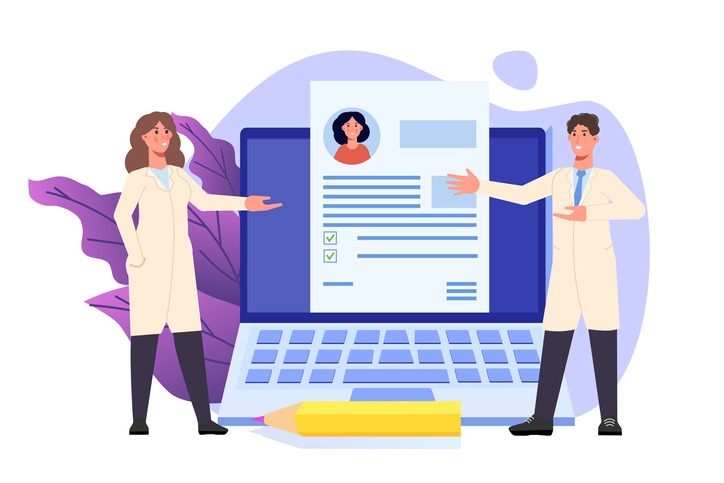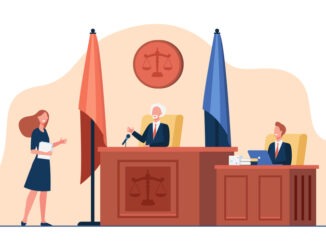
On 31 October 2023, practices are contractually obligated to provide record access for patients – GPC England has provided guidance to address common questions, key deadlines and practical considerations for extending online access
CREDIT: This is an edited version of an article that originally appeared on BMA
Following the imposition of the GP contract (which is opposed by GPCE – GPC England), all practices are now contractually obliged to provide prospective record access to coded information (including results), documents, and free text for all their patients by 31st October 2023 at the latest.
The only exception is when a patient has expressly requested that access not be given. The contract also states prospective access must be given to new patients on registration unless they decline that access.
While the BMA has reservations, it still wants to help practice managers so they don’t fall foul of their contractual requirements. To this end, it has prepared this guidance to address common questions, key deadlines, and practical considerations for extending online access.
GPCE continues to support the policy of extending access to patients’ online records in principle. However, the BMA is clear that any risk to patient safety or practice stability is unacceptable and must be mitigated as far as is reasonably possible.
Practices are not obliged to roll this out to all their patients at the present time, and the BMA would ask you to consider a slower process in the coming months using its ‘key steps’ below.
With this shift to prospective access, and if this goes ahead as the government plans, all patients will have instantaneous access to all prospective information stored within their records after 31st October 2023. In light of this, practices should expect to field more queries related to what patients see on their records, either to rectify incorrect information or to better understand that information.
Practices should ensure that they are recording information in a way that a patient can readily understand, and which does not cause offence. Redaction of entire consultations and entire documents can occur, and more information can be found in the RCGP’s GP Online Services Toolkit.
The BMA continues to believe redaction tools are not fit for purpose and is seeking to rectify this. This has been one of the significant aspects of concern it has, and it’s pushing back firmly on this, particularly in the current legal challenge to the government. The BMA wishes to seek solutions and make this project work, and it hopes the government will meaningfully engage with it on this.
Key steps:
In order to prepare for 31st October 2023, practices should consider the following:
Ensure all practice staff are aware of the upcoming changes and have sufficient training to respond to any queries arising from patients. Extensive information is available in the RCGP Toolkit.
- Promote the NHS app on your website – NHS Digital provides information you can use for patients.
- Explain what online access to records means for your patients – NHS Digital provides resources to communicate with patients.
Determine if, as a practice, you wish to seek consent from each patient prior to granting access, and if so, determine a roadmap to ensure all patients who do not yet have access are consulted before the end of October.
For anyone who had previously been given the ‘104’ SNOMED code and who is, therefore, thought to be at a higher risk of harm, this step will be necessary. The only exception, in not giving prospective access, is if the patient asks not to have it. This will necessitate a conversation with the patient.
Practices that opted out of November 2022 accelerated access programme functionality (which provided access at go live when someone over 16 years old created an NHS login or when a 15-year-old with an NHS login turned 16), by writing to system suppliers in 2022, will need to decide if they want to turn on this functionality or grant access manually to patients in the coming months.
The new functionality does not deal with anyone with the ‘104’ code applied, and these will all need to be dealt with manually before the end of October, and access given or dissent documented.


Be the first to comment